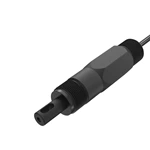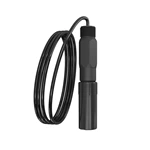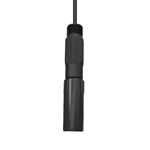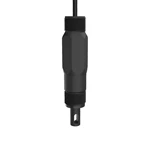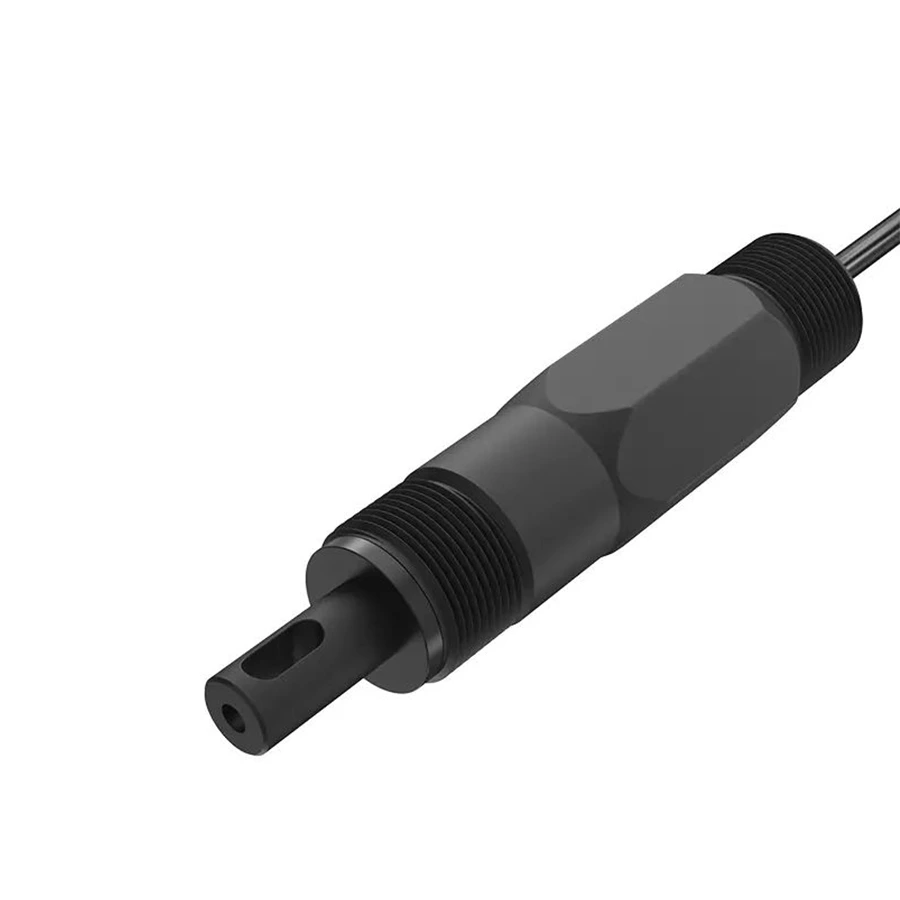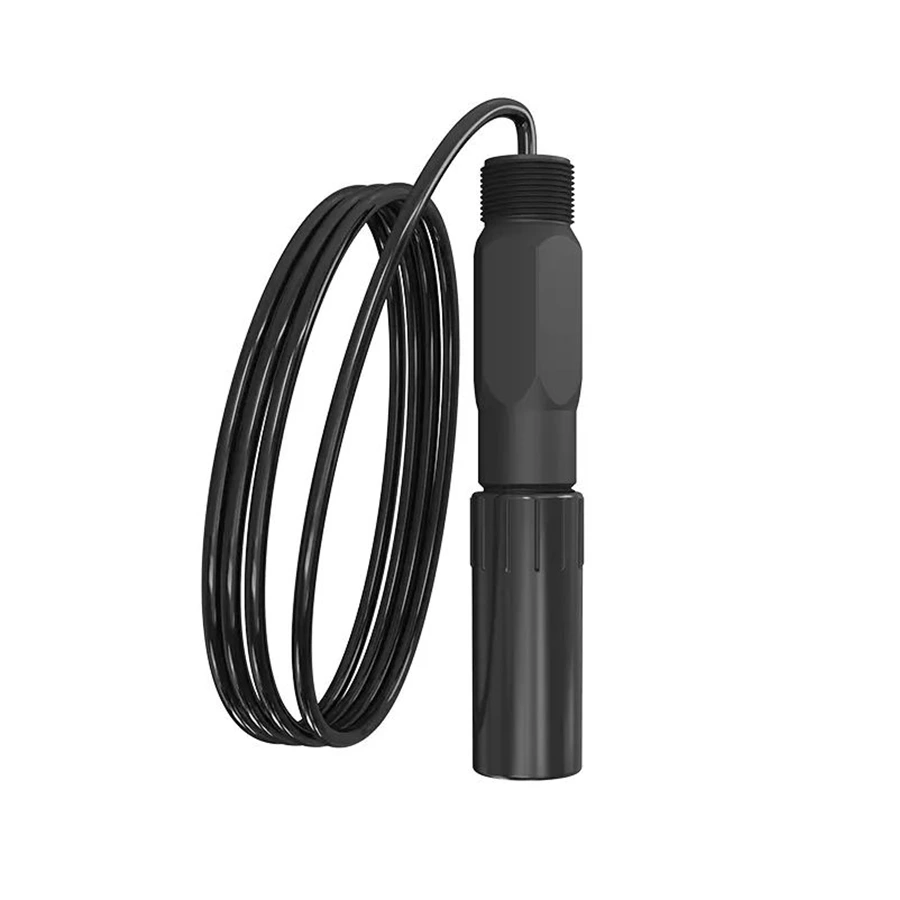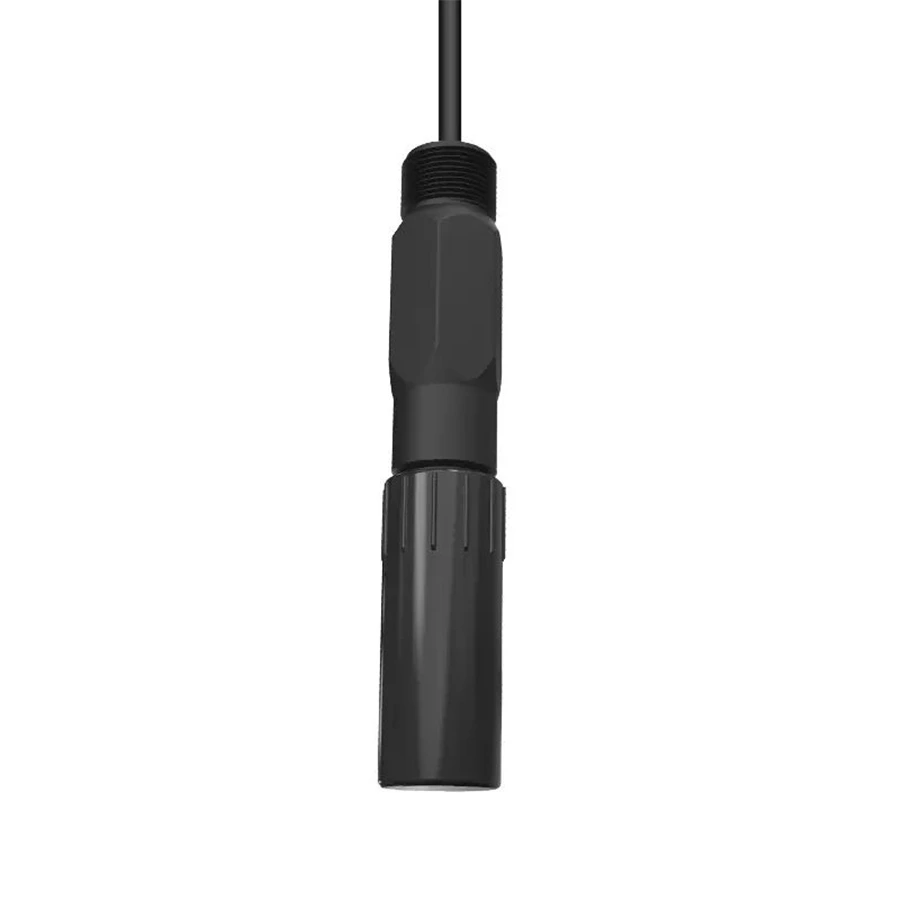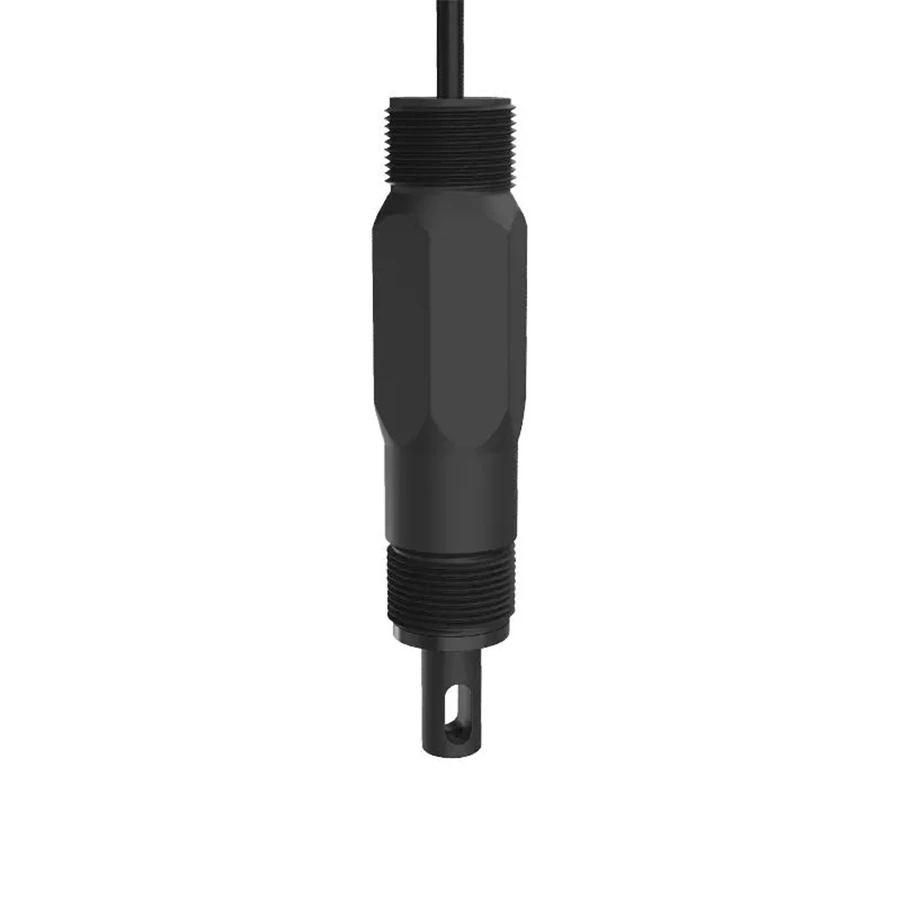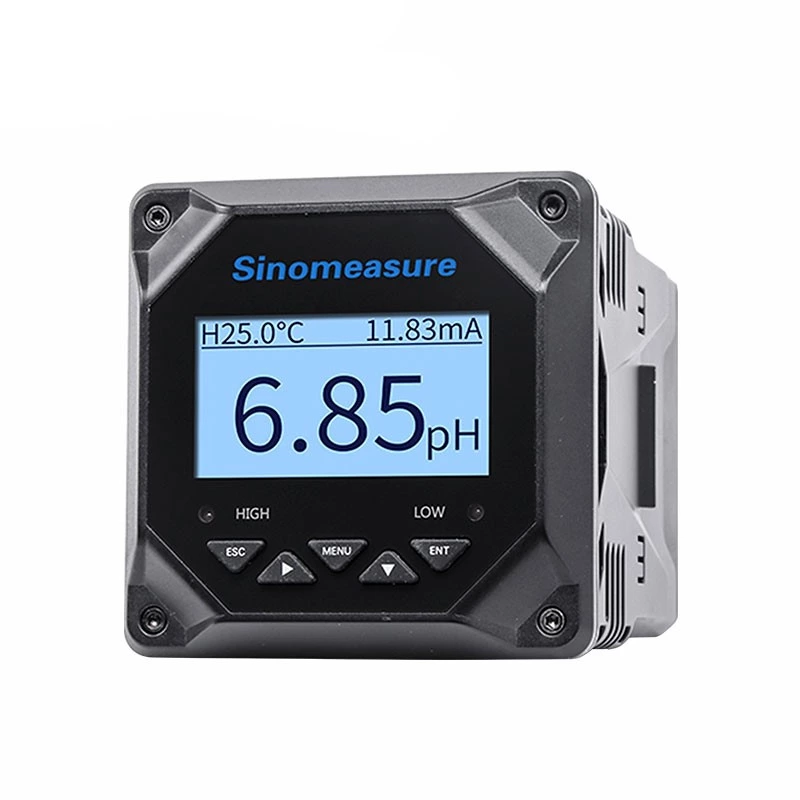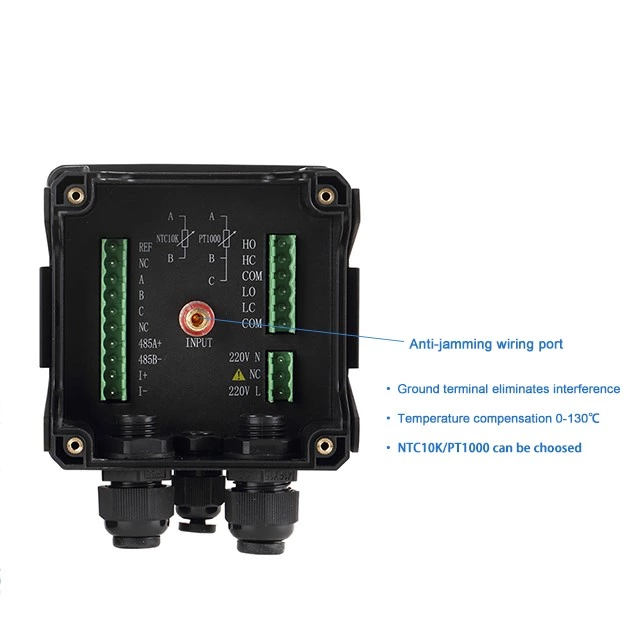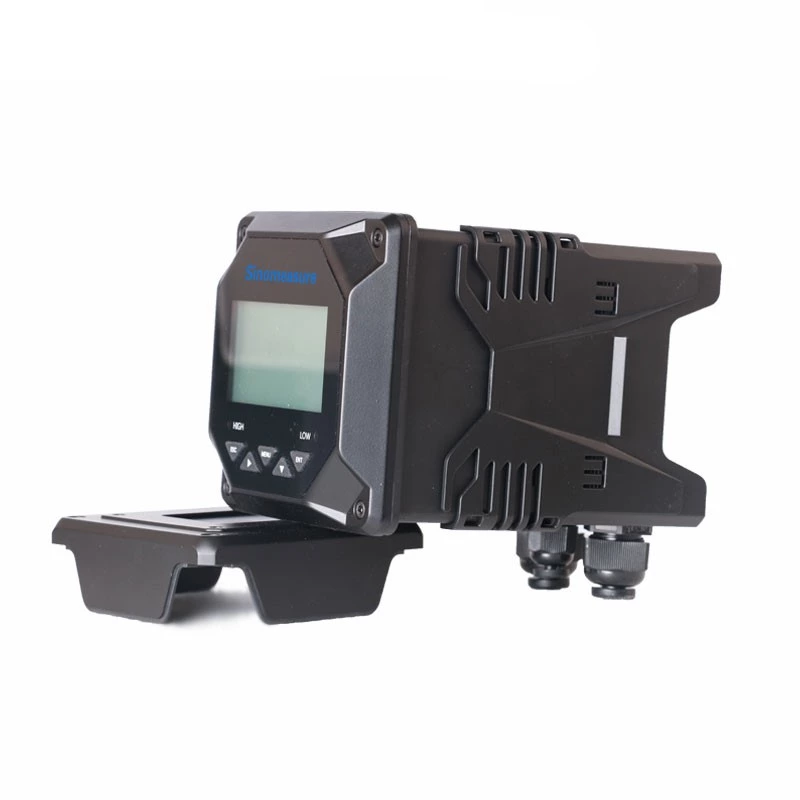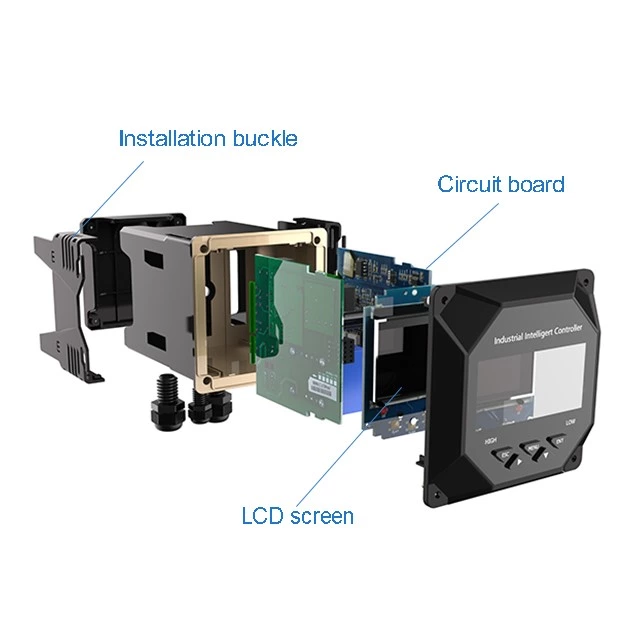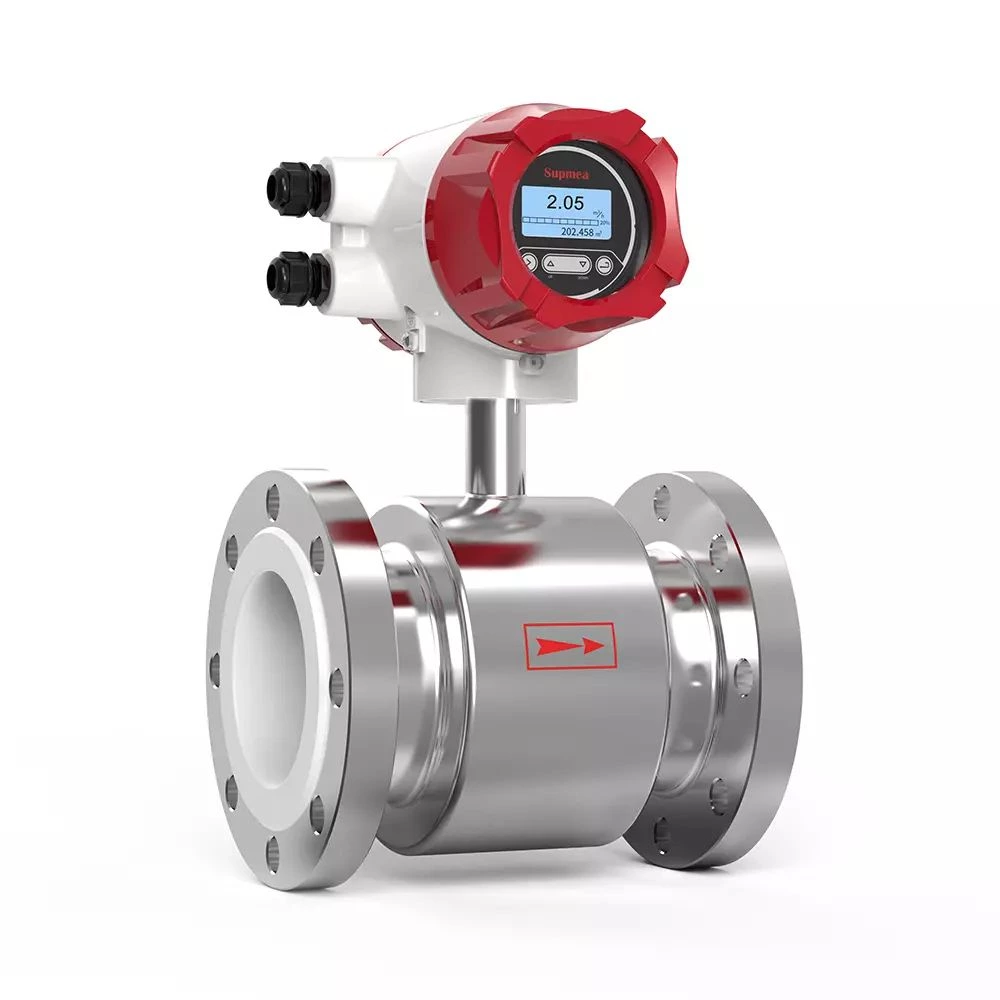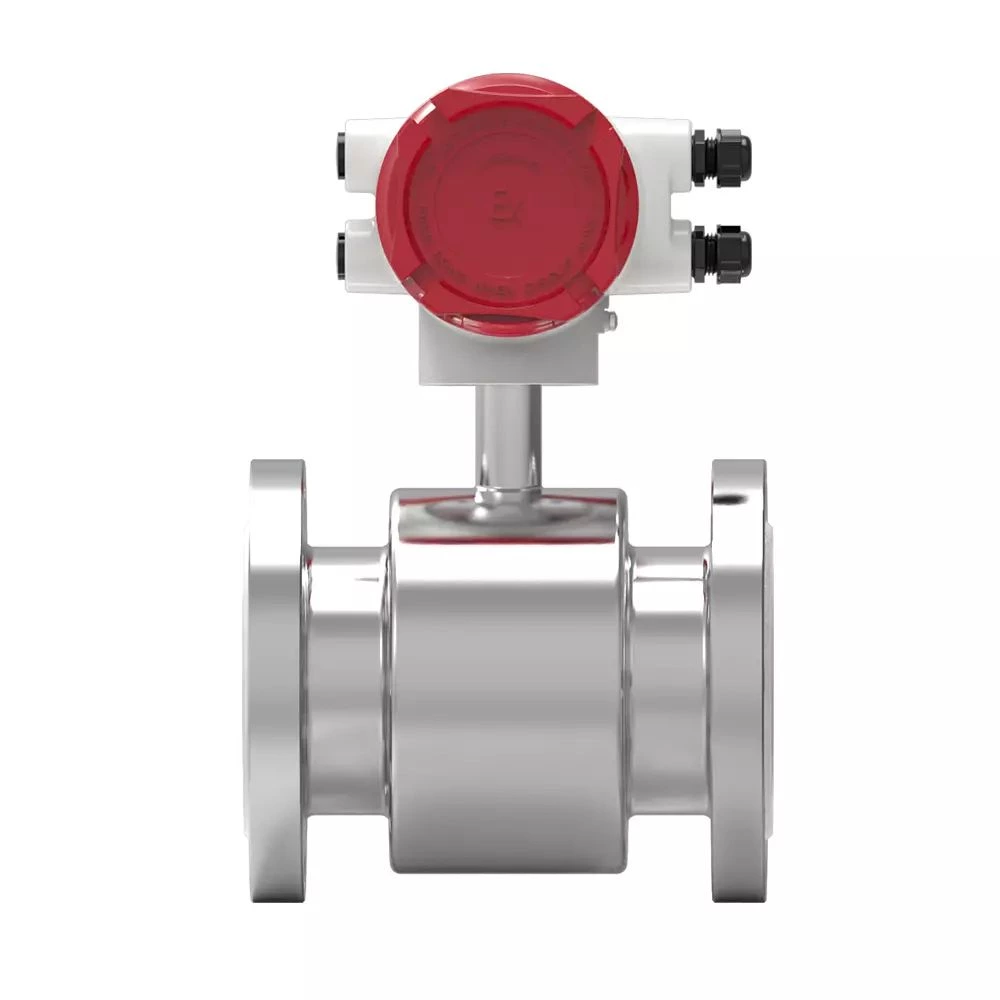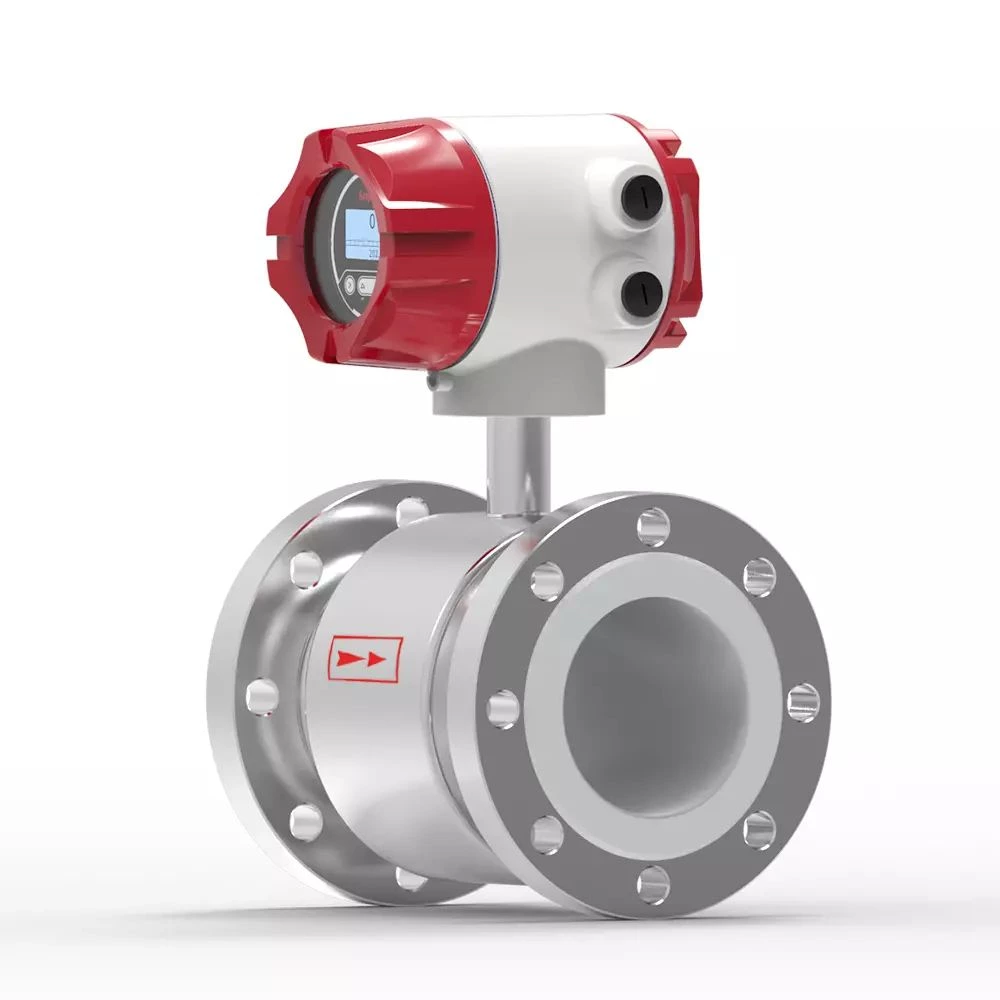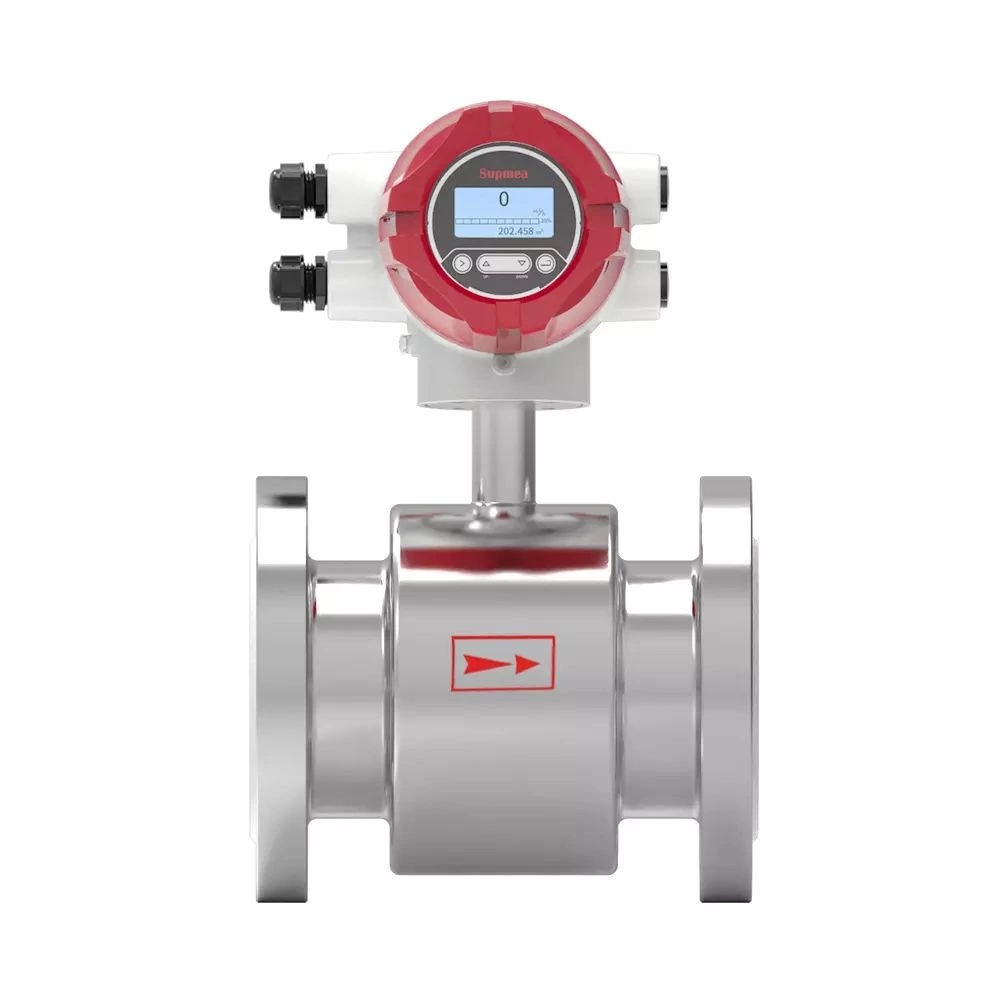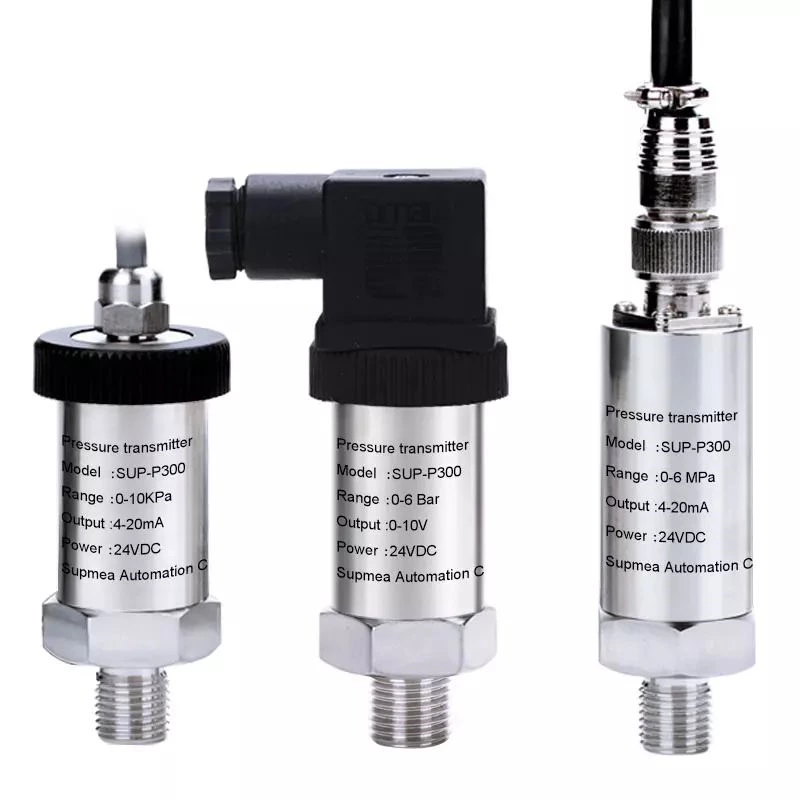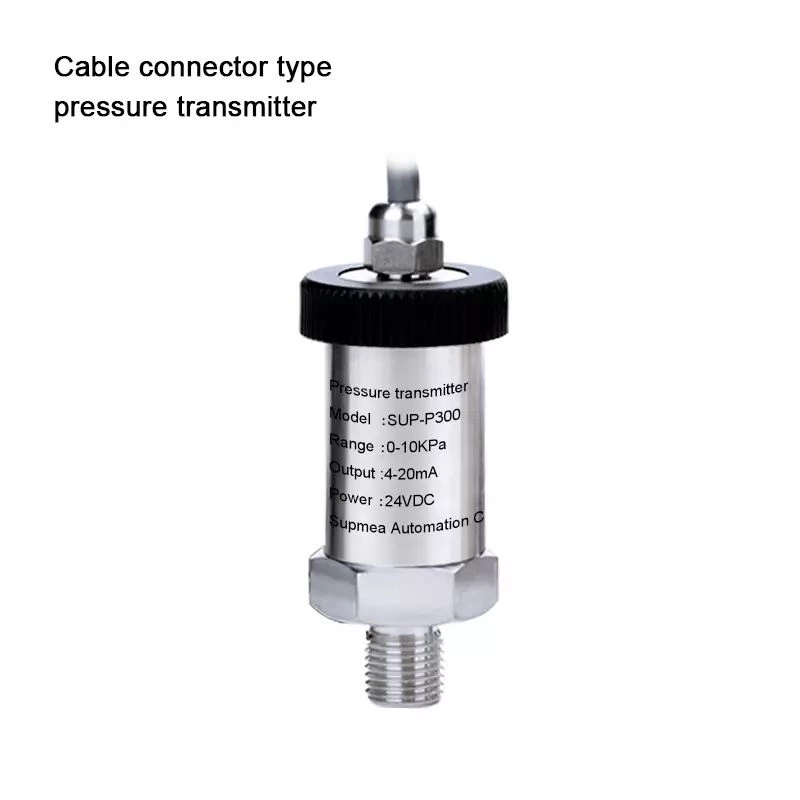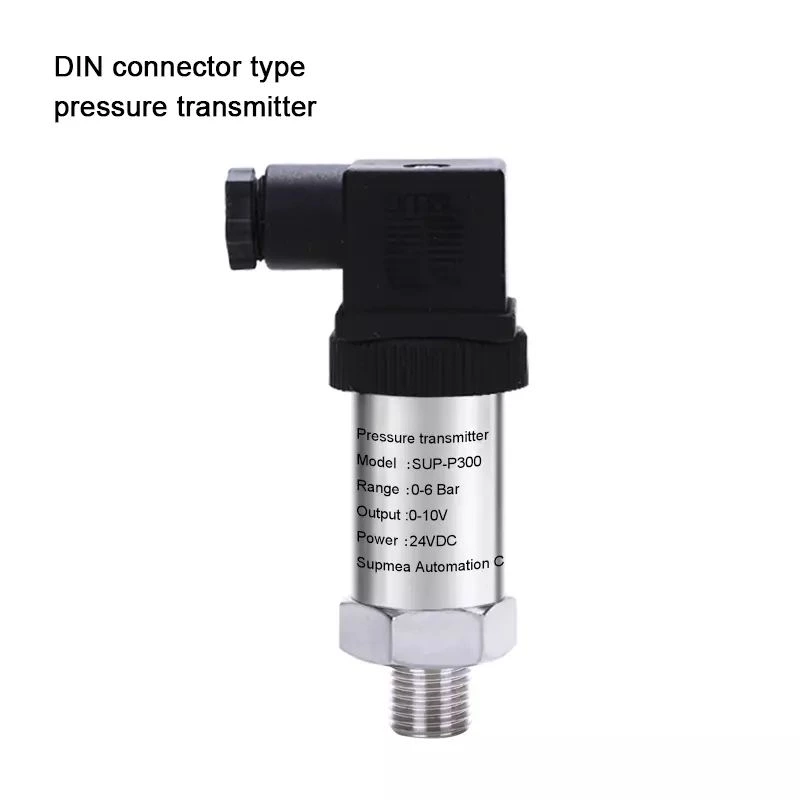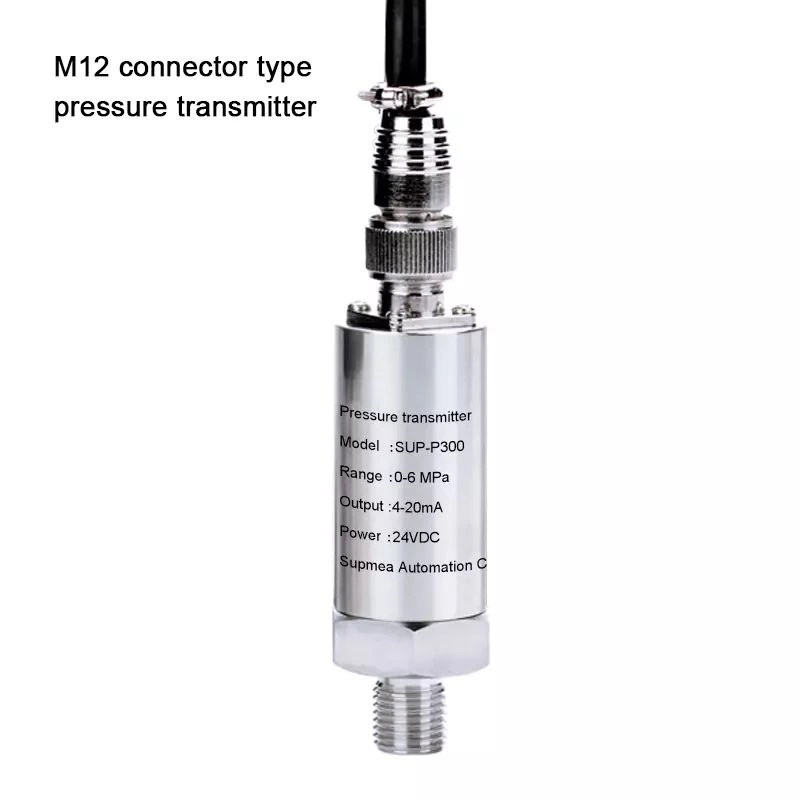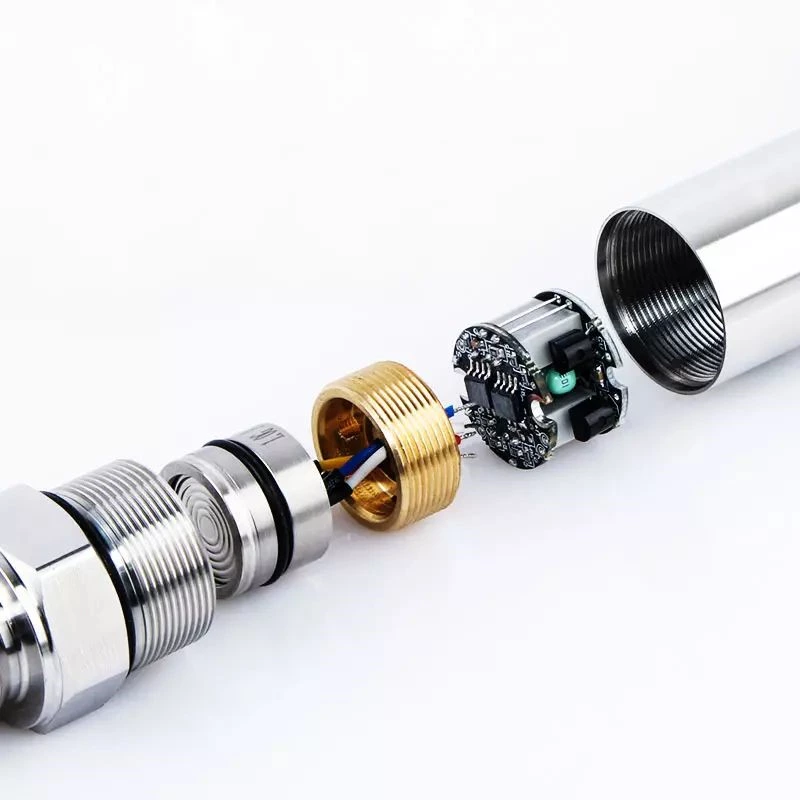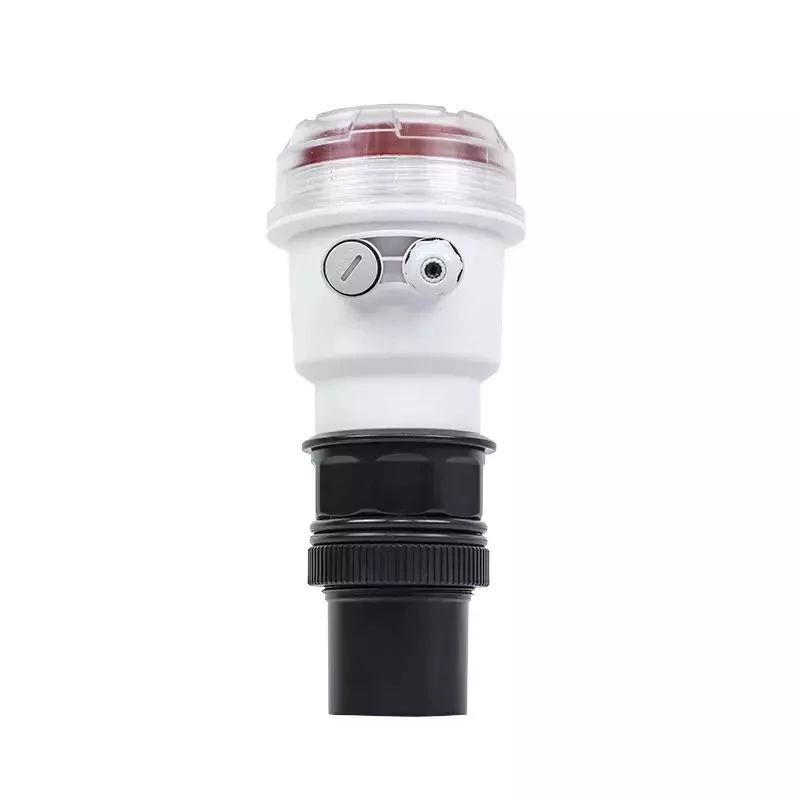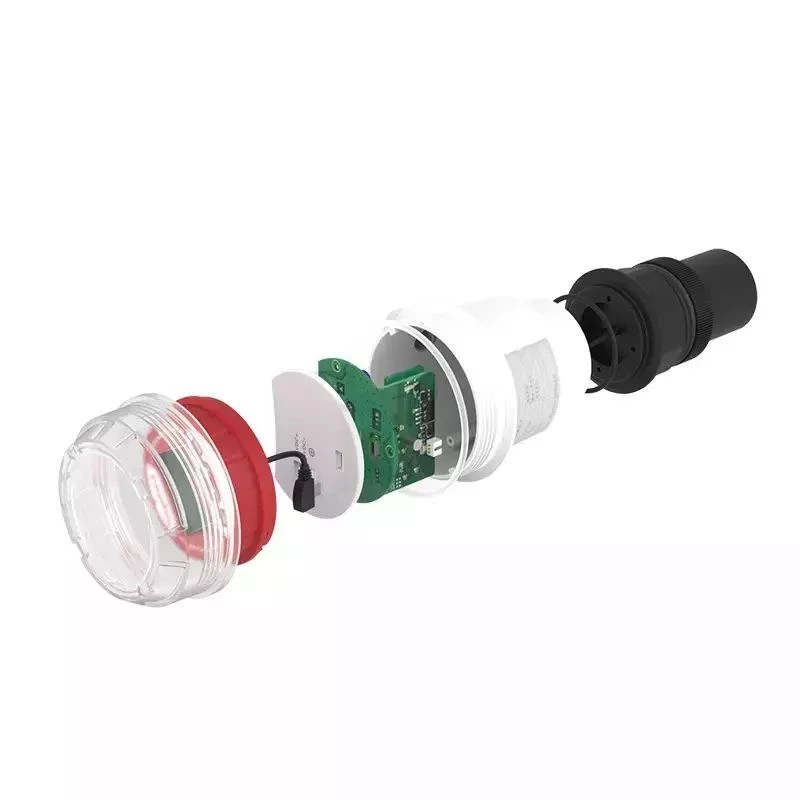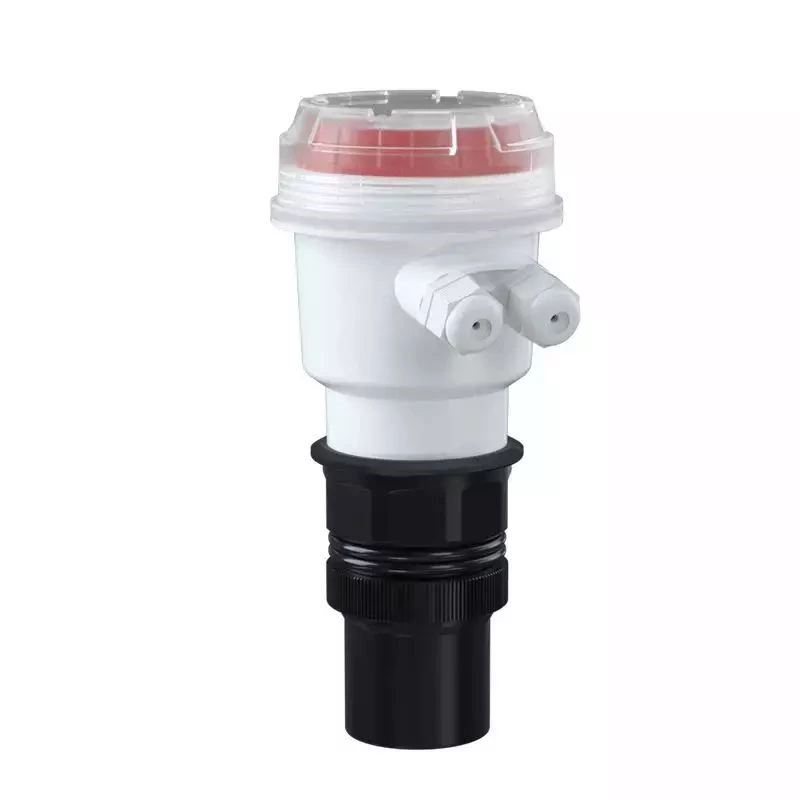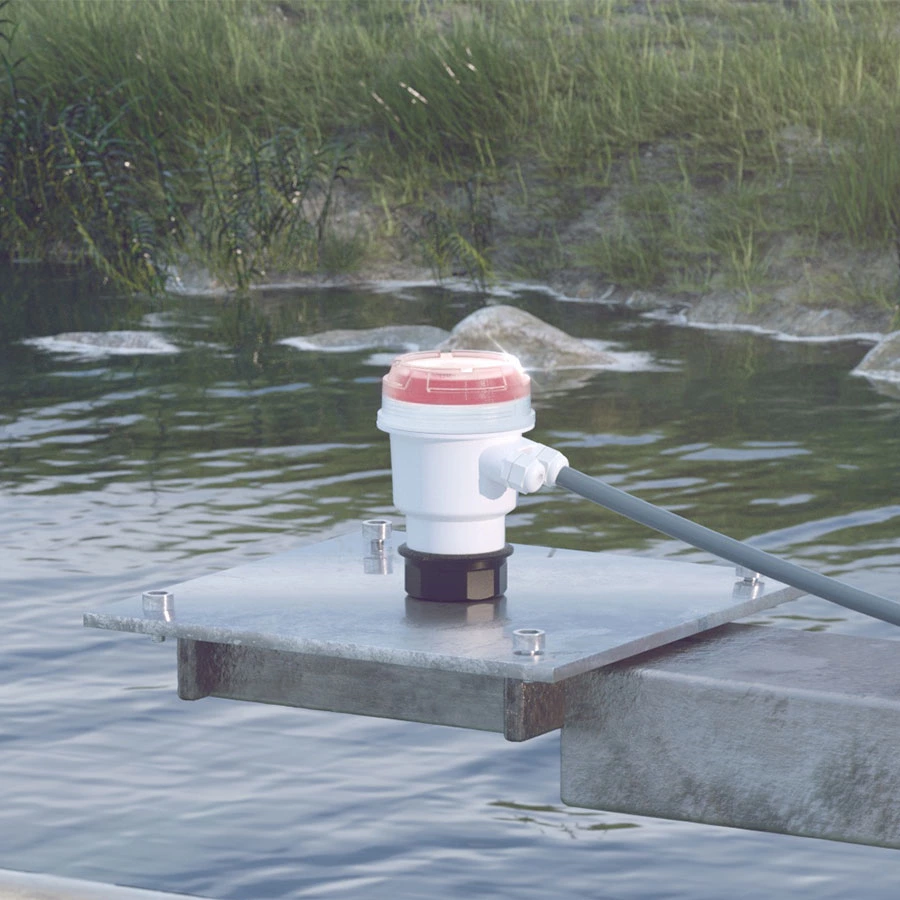-
Introduction
A conductivity meter probe is an electronic device used to measure the electrical conductivity or resistance of liquids. The probe consists of two electrodes, usually made of stainless steel, and is placed manually in a liquid sample. An electrical current is then applied between the two electrodes and the resulting resistance is used to measure the conductivity of the liquid. Conductivity meter probes are widely used in water treatment, chemical analysis, and other industries and are essential for monitoring water quality.
-
Specification
| Product | Digital conductivity sensor |
| Model | SIN-TDS-8002 |
| Range | (100~60000) uS/cm; (0.1~500.00) mS/cm; |
| Accuracy | ±1.5%FS |
| Resolution | 1uS/cm; 0.01mS/cm; 1ppm; 0.01ppt |
| Material | POM(wet part) |
| Temperature range | (0~60.0)℃ |
| Protocol | MODBUS-RTU |
SIN-TDS8002 conductivity and salinity digital sensor is designed for aquaculture, river sewage, seawater salinity, environmental protection engineering and other industries. It is equipped with a special quadrupole alloy sensor for breeding, which can be used to measure the changes of conductivity and salinity in the aqueous system within the range of (0~500) mS/cm. It has a standard RS485 Modbus RTU protocol interface function, which can communicate with the host computer remotely.
-
Features
Isolated power supply design, data stability, strong anti-interference ability
4-pole stainless steel, corrosion-resistant alloy conductivity/salinity sensor
Shell material: POM (wet part material)
Corrosion resistance, high stability, suitable for continuous monitoring of fresh water and sea water
Built-in temperature sensor
